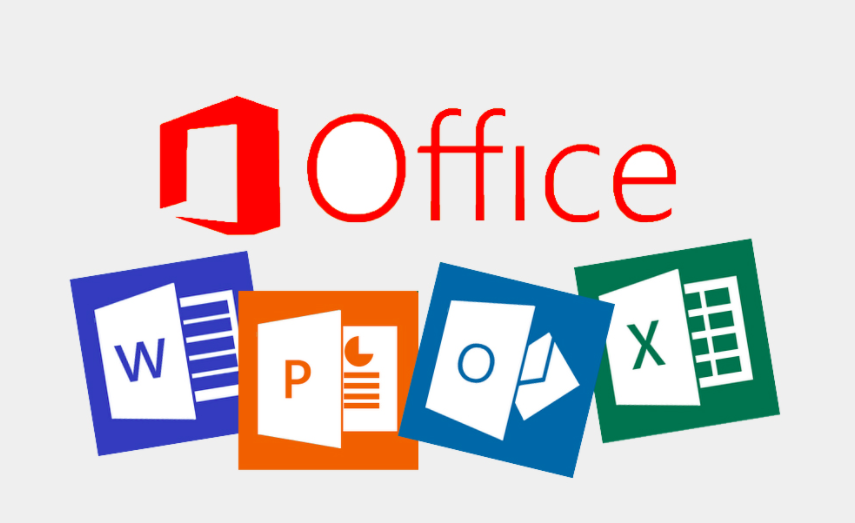
In any industry, navigating the complicated world of taxes is difficult, but health care has particularly complex tax laws and regulations. To maintain compliance with tax regulations that apply specifically to medical operations, accurate bookkeeping for doctors is necessary. Penalties, audits, and legal consequences may follow from incorrectly reporting income, failing to keep records of deductions, or failing to file taxes by the due date. Partnering with Uplinq allows you to focus on delivering excellent patient care, while we handle the bookkeeping intricacies that keep your practice financially healthy. Contact us today to learn more about our medical practice-specific accounting solutions and book a demo to see our solutions for medical practice bookkeeping.
What is Financial Reporting: A Guide for Business Owners
Accounting is for trained professionals who can give a fuller summary of your company’s financial realities. Accountants rely on financial statements from bookkeepers to do their work, but they also look for larger trends and the way money works across the business. A hospital or medical practice’s main function is to provide quality health care to patients, and everything else is secondary. Being able to treat the sick and ensuring that patients are healthy are the top priorities, but a medical practice, just like any other business, has numerous aspects that should not be ignored. With cloud storage, medical practices can securely store documents and records without office space. A secure internet connection lets your staff update files in real-time from anywhere.
- If you are extremely busy, you will want to have someone look at your books.
- When you have the best medical accounting management for your books, it can help to keep track of those day-to-day transactions.
- While any competent employee can handle bookkeeping, accounting is typically handled by a licensed professional.
- Bookkeepers don’t need any specific certifications, but you want to make sure whoever works on your company’s bookkeeping is extremely organized.
- The likelihood of claim denials and revenue loss is decreased thanks to the streamlining of the billing and reimbursement procedures.
Accountant Duties
- Accounts receivable must be followed up on to ensure timely patient and insurer payments.
- You’ll want to create a contract that outlines details, such as deadlines, rates and expectations so that everyone is on the same page.
- These statements enable in-depth analysis of the business’s profitability, health, and operations.
- Although we cover a large range of the providers available, we don’t cover every option available.
- It serves as the backbone of financial management in the healthcare sector, offering a wide range of benefits that directly impact the success and sustainability of medical practices.
- Below, we’ll take a closer look at bookkeeping vs accounting, their key differences, and how working with bookkeepers and accounts can benefit your small business.
Keeping financial information accurate and up to date is important to see if you are actually making a profit. This can also help you make sound management decisions that can help you improve the organization as a whole. Technology investments can save money over time but require large upfront investments. PPMCs have trained staff and the technology to handle medical bookkeeping, so partnering with them can reduce upfront costs. On the surface, increased satisfaction means that the patient is more likely to continue to choose that specific healthcare company or provider. Thus, hiring someone to keep your books and maintain your financial forms decreases the likelihood that your healthcare agency will have to deal with these types of situations.

What is the difference between bookkeeping and accounting?
Bookkeepers don’t need any specific certifications, but you want to make sure whoever works on your company’s bookkeeping is extremely organized. Even if you are using an online system for bookkeeping, delegating an employee with keeping track of it on a daily basis is very important. Data entry involves entering your business’s transactions into your bookkeeping system. As mentioned above, a lot of the data entry now happens automatically, either through OCR or bank feeds. This is due to the large number of transactions that would be coming your way every day. If you are running a private practice, however, or if you belong to a small to middle-sized hospital, then getting a bookkeeper outside would be the better move.

A bookkeeper usually performs these steps, however, an accountant may step in to complete these tasks, or oversee them as they’re completed by the bookkeeper. Most importantly, your accountant is a valued advisor who can help you with important decision-making. If you’re considering purchasing new equipment or taking out a line of credit, for example, your accountant can help you determine the financial ramifications your decision can have.
- The world of bookkeeping for doctors and medical practices is rapidly changing.
- Bookkeeping services for doctors and specific technologies like QuickBooks for medical practices have become essential for streamlining these operations.
- Non-compliance can result in hefty fines, legal challenges, and damage to the practice’s reputation.
- If you don’t feel comfortable with a freelancer, there are many firms that offer bookkeeping services as well.
- Professional advice is crucial, especially when deciding on an accounting method that will align with both current needs and future goals.
Accountants use bookkeeping records to assess big-picture finances and make smart business decisions. They also provide insights about the company’s overall financial health to business owners and other stakeholders. Since accountants use the information gathered by bookkeepers to prepare larger financial statements and reports, the accounting process wouldn’t be possible without the help of bookkeepers.
- Reviewing your fees can ensure that your practice maintains a higher level of profitability.
- They provide effective solutions for handling finances, payroll services, and tax compliance.
- In the ever-evolving healthcare landscape, 2024 has brought about a pivotal shift in how physicians…
- A realistic budget can be created using the data and insights provided by bookkeeping.
- Challenges arise in consolidating data from various sources and ensuring the accuracy and timeliness of reports.
- Most businesses use an electronic method for their bookkeeping, whether it’s a simple spreadsheet or more advanced, specialized software.
The overall best bookkeeping software includes Zoho Books, FreshBooks, Xero, and Intuit QuickBooks. The bookkeeper should be able to answer all questions about daily finances and the status of payments. when performing bookkeeping procedures for a medical office, it is important to We believe everyone should be able to make financial decisions with confidence. As a bookkeeper, it is very important for him to be able to provide you with payable or receivable schedules.


Both of these aspects of your business are crucial for financial management and decision-making. Today, we’ll go over the differences between bookkeeping and accounting so that you can figure out how to allocate resources effectively. And, like other businesses, healthcare companies also have day-to-day expenses related to utilities, payroll, supplies, and everything else required to provide efficient patient services. It never hurts to speak with a professional who can help you take full control of your medical practice. When you partner with a professional accountant or bookkeeper, you will have more time to focus on patient care rather than struggling with the confusing business side of your practice. When you have the best medical accounting management for your books, it can help to keep track of those day-to-day transactions.

Bookkeeping is an integral part of any business, and hospitals and medical practices are no exception. By choosing to partner with a management company, you’ll have more time to focus on patient care rather than the confusing and sometimes-overwhelming business side of operations. Medical practice management books are great for keeping an eye on the pulse of your business’ financial health. And that’s why getting into the habit of creating a schedule for profit and loss statements is beneficial. Although this method of accounting is a common bookkeeping practice for private practices, it’s not always the preferred method. Accrual accounting is a common form of bookkeeping in the medical industry.


